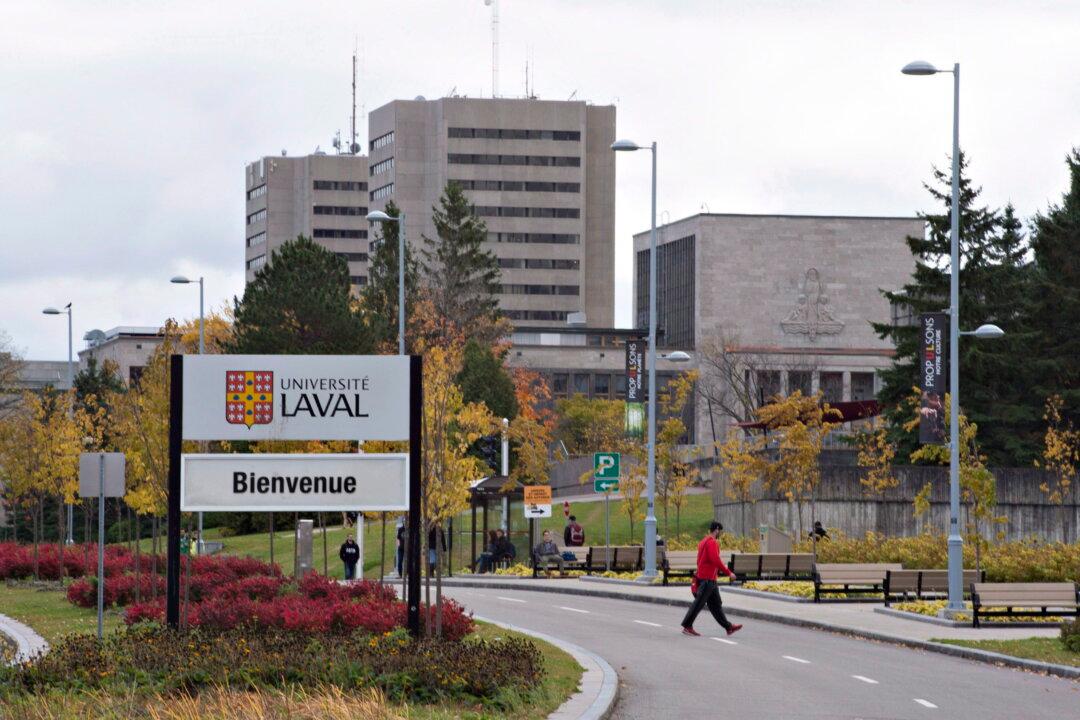Out-of-province students who want to attend a Quebec English-language university will be paying almost double the cost of tuition by fall of next year as part of Quebec’s plan to ensure the French language is promoted.
In an announcement on Oct. 13, Quebec’s Higher Education Minister Pascale Déry said tuition for students outside the province will increase from $8,992 to $17,000 in fall of 2024. Universities will also be charged $20,000 for each international student attending, and that money will be redirected to fund French universities instead.





